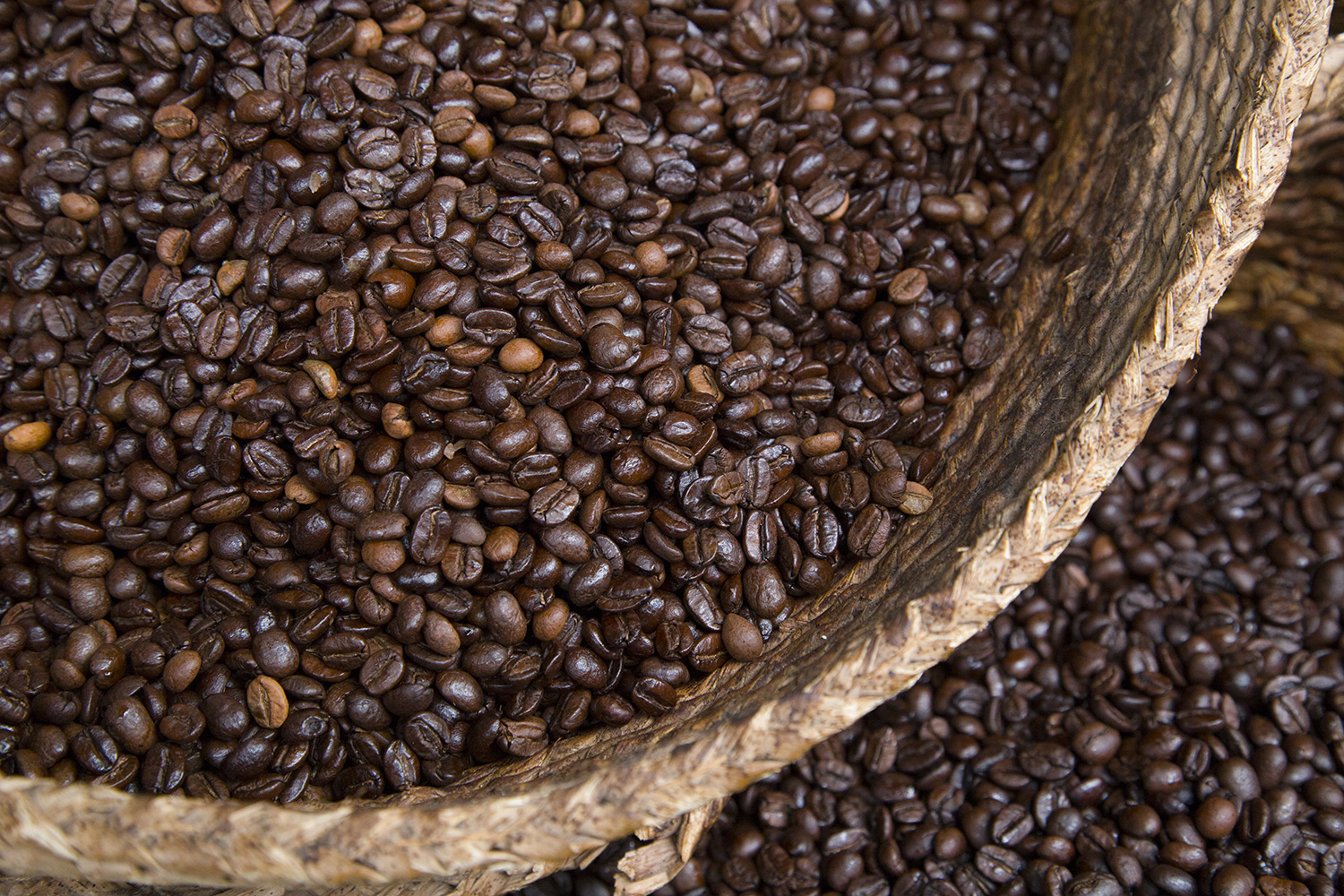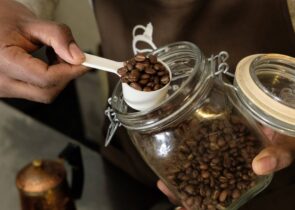As a whole, Nigeria, unlike other African countries such as Kenya, isn’t crazy for coffee. For many, tea and cocoa are the hot drinks of choice, so much so that for the year 2023 it’s forecasted that 40% of all Nigeria’s non-alcoholic drink expenditure will go towards both these products.
In contrast, coffee will account for only 2.5%. But worry not! You better believe that the interest in Nigerian coffee is growing: the retail value of coffee has nearly tripled since 2010 to $28 million in 2019. Things are on the up and up.
What is the coffee culture in Nigeria right now and does specialty coffee stand a chance?
Nescafé
Nescafé has played a huge role in not only making coffee a beverage a Nigerian is likely to drink over tea or cocoa, but also in preventing quality Nigerian coffee beans from being widely consumed across the country.
The Benefit
Since the average Nigerian lives on only $2 a day, being able to put aside some spare money to afford a top-notch cup of coffee is often out of the question. Across this huge country are street vendors who are able to supply much-needed Nescafé coffee on-the-go.
For around 100 nairas (just a couple of cents) these mobile coffee carts can put an end to the search for coffee for a lot of people. They serve steaming cups of instant coffee, often bringing people together for that special moment that can happen when people chat over a drink.
This is a good thing, right?
The Downside
Well, with Nescafé’s street vendors the company has gone from not just providing the end-product (such as jars and sachets of instant coffee) but also providing the people of Nigeria with a kick at the exact moment they need it.
This might seem all fine and well on the surface, but it may eventually mean that the search for a delicious espresso will be difficult. Although some domestic chains are taking their first steps in the country, international chains are finding it difficult to penetrate the market.
Competition Will Boost Production
There’s no doubt that the Nigerian coffee world is growing, which is creating a significant opportunity for much smaller West African coffee producers to gain control of a larger share of the profits. As a result, this will increase competition which will boost even more production of the coffee beans.
Roasters will then insist on using coffee from Africa – Nigerian coffee in particular. An increase in the need for the product will increase the demand for work, providing more opportunities for the farmers of Nigeria as a result.
Just like all over the world, as well as in many other areas of Africa, urbanization is increasing steadily in Nigeria (now reaching 51%). The search for great, local coffee in Africa is increasing and we here at Roasty believe that these demands should be met by the hardworking Nigerian coffee connoisseurs who deserve it.

Kaldi Africa
So, speaking of coffee connoisseurs: Kaldi Africa is an independently owned Nigerian coffee roastery and coffee bar. For this company, the quality of the product comes first: for tip-top results, small batches of beans are roasted and served fresh. Yum!
The company celebrates the freshness of West Africa coffee by only selling fresh seasonal fruit. The beans they use are at the top of their game: full of unique flavor.
Not only that, but the company is also busy with the search for supporting Nigeria’s coffee farmers. They’ve invested heavily in machinery to better the process of farming for the beans.
Their coffee beans are roasted and available to be tested by any potential client. They know that customer satisfaction comes first, so their coffee is always available to be tasted in a cupping process before anything is bought.
Slow And Steady
In Nigeria coffee is progressing slowly but don’t let that trick you into thinking no progress is being made at all. The passionate fans of the world’s favorite delicious, caffeinated beverage want Nigeria to take the top spot on the global coffee leaderboard, producing even more coffee Africa can boast about.
Happy caffeinating and see you next time!







